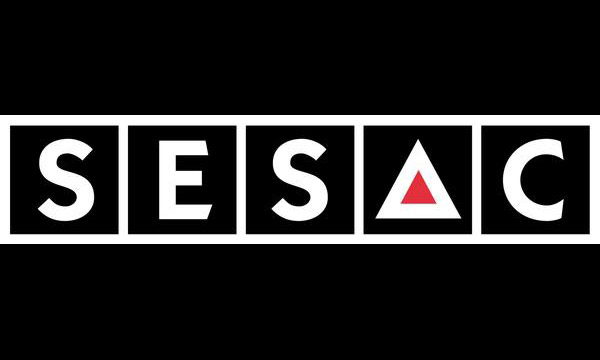In a surprising turn of events, YouTube has blocked songs from several major artists, including Adele, Bob Dylan, Green Day, and R.E.M., due to a legal dispute with SESAC, a performance rights organization. This move has left many fans frustrated as they find their favorite tracks suddenly unavailable on the platform.
SESAC, which stands for the Society of European Stage Authors and Composers, is one of the three major performing rights organizations in the United States. It represents songwriters, composers, and music publishers, helping them collect royalties for the public performance of their works. The organization has been around since 1930 and manages the rights for over 1.5 million songs.
The issue between YouTube and SESAC arose due to the inability of both parties to agree on the renewal terms of the licensing agreement between them. This led YouTube to block content associated with SESAC since otherwise it would violate copyright laws. This implies that hits such as Adele’s “Someone Like You,” Bob Dylan’s “I Want You,” and Green Day’s “Boulevard of Broken Dreams” are not currently available on YouTube in the United States.
Meanwhile, fans have taken to social media to express disappointment and confusion. Many tried playing their favorite songs only to see a message that read, “This video contains content from SESAC. It is not available in your country.” The official YouTube account on X reacts to users that the license expired and did not get any renewal, and they are working on it.
This is not the first time such a dispute has occurred. In the recent past, similar circumstances have occurred, such as the case with Warner Music Group pulling its music videos from YouTube for almost a year between 2008 and 2009. Some of these disputes drag on from anything between just days to many months, depending on how fast the parties involved often reach a deal.
SESAC undoubtedly is a major stakeholder in ensuring songwriters’ rights and interests, and that they are reasonably compensated. Still, these disputes have squarely brought into sharp focus the complexity of licensing agreements in the digital age. As streaming platforms continue to become the number one avenue through which consumers enjoy music, the need for clear and fair agreements between rights organizations and platforms is increasingly becoming critical.
